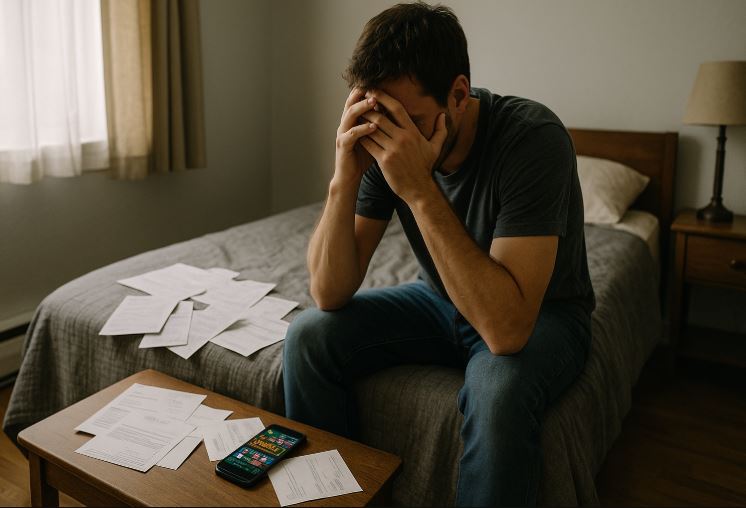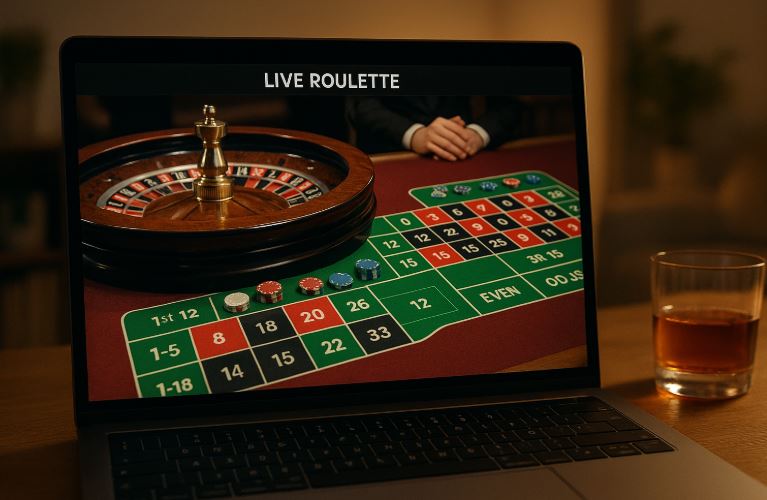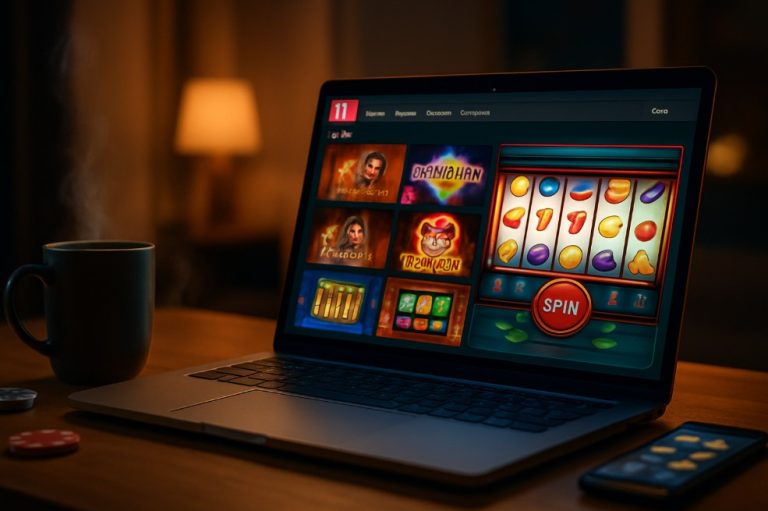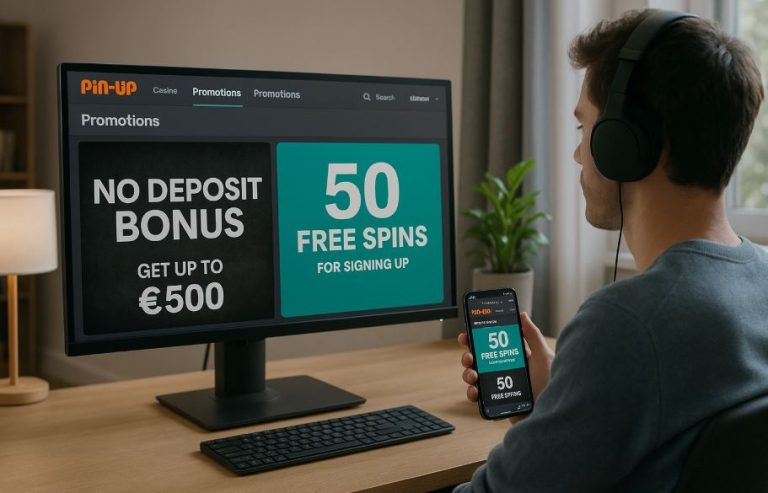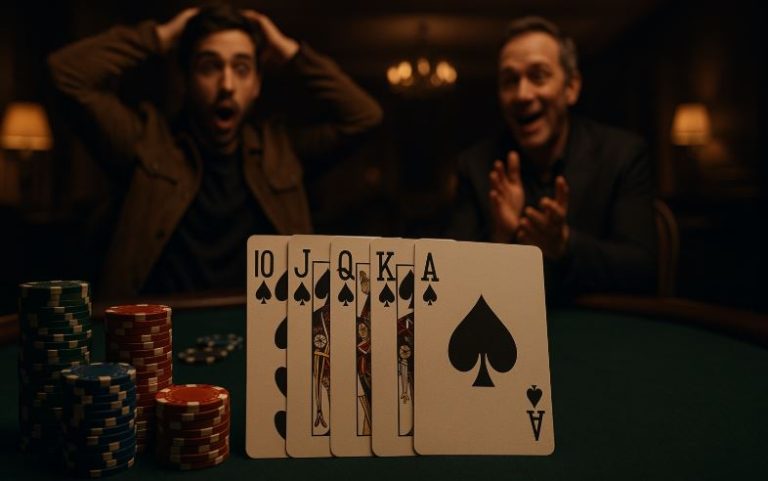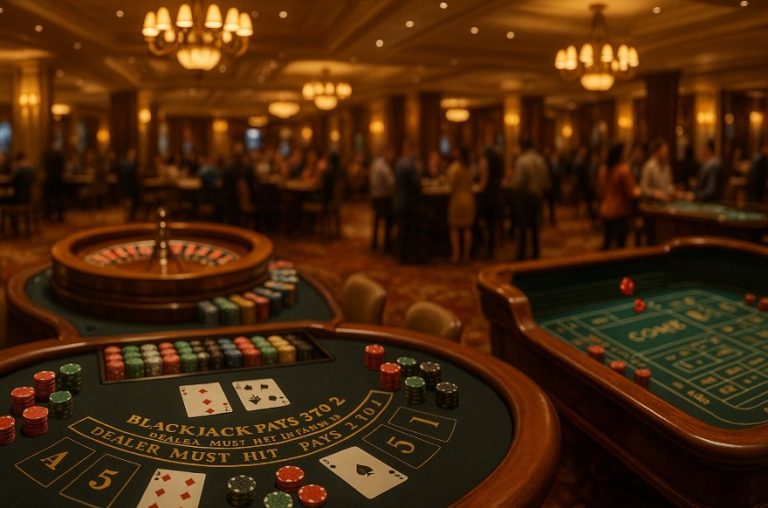What Is Gambling Addiction Treatment? | Signs, Causes & Solutions
Are you or someone you care about struggling to control the urge to gamble? Gambling addiction is a serious behavioural disorder that can impact mental health, finances, and relationships. Understanding what gambling addiction treatment involves is the first step toward recovery.
In this guide, we’ll explore the signs, causes, and most effective solutions available in the UK, including NHS services and self-help resources designed to support individuals and families affected by gambling harms.
What Is Gambling Addiction?

Gambling addiction, clinically known as gambling disorder, is a behavioural condition where a person struggles to resist the urge to gamble despite its harmful consequences.
It’s not just about losing money, gambling addiction can affect relationships, mental health, and everyday responsibilities.
Whether it begins with casual bets or occasional online gaming, the condition can intensify into compulsive behaviour that disrupts life significantly.
Understanding the Psychological Impact
Gambling activates the brain’s reward system, releasing dopamine, the same chemical triggered by drugs or alcohol. Over time, the brain begins to crave the “high” associated with gambling wins.
This response can become so conditioned that even losing bets can release dopamine, reinforcing the addictive cycle.
From Thrill to Dependency
Initially, gambling might feel harmless or even social. But what starts as entertainment can spiral into dependence. Problem gamblers often describe feeling ‘hooked’, continuing to gamble even when the emotional and financial costs are severe.
What Are the Common Signs and Symptoms of Gambling Addiction?
Recognising the signs of gambling addiction is the first step towards recovery. These symptoms can manifest emotionally, financially, and behaviourally.
Behavioural Red Flags
- Frequent thoughts about gambling
- Lying to hide gambling activity
- Increasing bet sizes for the same thrill
- Chasing losses by gambling more
Emotional and Mental Health Symptoms
- Anxiety or restlessness when not gambling
- Feelings of guilt after gambling
- Depression linked to financial or social consequences
Financial Warning Signs
- Borrowing or stealing money to gamble
- Selling possessions to fund bets
- Accumulating unmanageable debts
How Is Gambling Addiction Diagnosed by Professionals?

Diagnosis involves a mix of self-reporting, medical review, and psychological assessment. In the UK, individuals may speak to their GP, a mental health specialist, or contact NHS services directly.
Assessment Steps
- Behaviour Review: You’ll be asked about your gambling habits and the emotional impact they’ve had.
- Medical Screening: A check for medications or health issues that may contribute to compulsive behaviours.
- Mental Health Evaluation: Conditions such as anxiety, bipolar disorder, or depression are often explored, as they can coexist with gambling addiction.
A formal diagnosis can guide the right treatment plan, whether it includes therapy, medication, or both.
What Causes Gambling Addiction and Who Is at Risk?
Gambling addiction isn’t caused by a single factor but is the result of a combination of psychological, biological, and environmental influences.
Key Risk Factors
- Mental Health Disorders: Depression, anxiety, or bipolar disorder can increase vulnerability.
- Genetics: Family history of addiction may raise the risk.
- Personality Traits: Impulsivity, competitiveness, and high-risk taking can be contributing factors.
- Environmental Exposure: Easy access to betting shops or online platforms can encourage problem gambling.
The rise of online gambling in the UK has made addiction more accessible and discreet, making it easier for individuals to hide their habits.
What Are the NHS Gambling Addiction Treatment Options in the UK?
The NHS offers free, confidential support across England. These services include specialist clinics and access to expert teams of psychologists, therapists, and psychiatrists.
Available NHS Clinics
Each clinic is staffed by professionals trained in addiction recovery:
- National Problem Gambling Clinic
- NHS Northern Gambling Service
- Southern Gambling Service
- East Midlands and West Midlands Gambling Clinics
- East of England and South West Gambling Services
You can self-refer to these clinics or ask your GP for help. The focus is on a tailored recovery approach, including both psychological therapy and medical support.
Which Therapies Are Most Effective for Gambling Addiction Treatment?

Treatment doesn’t follow a one-size-fits-all model. Instead, a combination of therapies is often used to address the emotional and behavioural aspects of gambling addiction.
Most Common Therapies
Cognitive Behavioural Therapy (CBT)
This therapy is central to gambling recovery. It helps individuals identify and challenge irrational beliefs that drive their behaviour, such as “I’m due a win” or “Just one more bet.”
Behavioural Therapy
Focused on reducing gambling urges through controlled exposure and response prevention techniques.
Family Therapy
This is beneficial when gambling affects close relationships, helping families rebuild trust and improve communication.
Group Therapy
Group settings like Gamblers Anonymous allow individuals to share their struggles and learn from others on a similar journey.
What Role Do Medications and Self-Help Groups Play in Treatment?
In some cases, medication can support recovery, particularly when co-occurring mental health disorders are present.
Medications That May Be Prescribed
- Antidepressants: For underlying anxiety or depression
- Mood Stabilisers: Especially helpful in bipolar-related cases
- Narcotic Antagonists: These reduce the pleasure response from gambling
Self-Help and Peer Support
Groups like Gamblers Anonymous UK follow a 12-step recovery programme and provide emotional support from people who have experienced similar issues. Other services include:
- GamCare
- Primary Care Gambling Service
- GamLearn
- ChapterOne
- Citizens Advice Bureau
What Support Services Are Available for Families Affected by Gambling?

Family members often suffer in silence while someone close to them battles gambling addiction. Fortunately, there are support networks designed specifically for loved ones.
Organisations Offering Support
- GamFam: A lived-experience network for families
- GamAnon: Offers meetings for people affected by another’s gambling
- Gambling with Lives: Support for families bereaved by gambling-related suicide
- NHS Family Counselling: Through its gambling harm clinics
Providing support, attending sessions, and learning how to respond healthily can protect families from further emotional distress.
How Can One Prevent Relapse After Gambling Addiction Treatment?
Relapse can happen even after treatment, but planning for it reduces its likelihood. The key is identifying triggers and creating a strong support system.
Strategies to Prevent Relapse
Lifestyle Adjustments
- Avoid gambling environments or apps
- Spend time with people who support your recovery
- Establish new routines and hobbies
Financial Management
- Ask your bank to block gambling transactions
- Pay essential bills before you have access to funds
- Seek advice from National Debtline or a financial advisor
Use of Blocking Tools
- GamStop: Prevents access to gambling websites
- Gamban: Blocks gambling apps and sites on devices
Support groups and alumni programmes also help maintain long-term recovery.
Where Can People Get Help for Gambling Addiction in the UK?
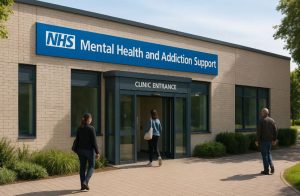
Whether you’re seeking help for yourself or a loved one, several services are readily available throughout the UK.
Charities and Helplines
- National Gambling Helpline: 0808 8020 133 – 24/7 support
- GambleAware: Offers the National Gambling Support Network
- Gamblers Anonymous UK: In-person meetings across the country
- UKAT Centres: Residential rehabilitation and therapy
- Citizens Advice: Help with debt and financial implications
These services provide compassionate, confidential support at every stage of the recovery journey.
Conclusion
Gambling addiction can deeply affect all areas of a person’s life, mentally, financially, and emotionally. But with the right treatment, support, and self-awareness, recovery is not only possible but entirely achievable.
Whether through NHS clinics, peer groups like Gamblers Anonymous, or private rehab centres, support is available across the UK for those ready to take the first step.
No matter where someone is in their journey, recognising the signs, seeking help, and staying committed to recovery can lead to a healthier and more stable future.
FAQs
Is gambling a mental health issue?
Yes, gambling addiction is classified as a behavioural addiction and is considered a mental health disorder.
How do I stop gambling?
You can stop gambling through therapy, support groups, financial planning, and by using tools like GamStop or Gamban to restrict access.
What are the signs of gambling addiction?
Common signs include chasing losses, lying about gambling, financial trouble, and emotional distress related to betting.
What is the best treatment for gambling addiction?
Cognitive Behavioural Therapy (CBT) is one of the most effective treatments, often combined with group therapy and, in some cases, medication.
Can I get free treatment for gambling in the UK?
Yes, the NHS and several UK charities offer free and confidential support services for gambling addiction.
How can families get support if someone they know is addicted to gambling?
Organisations like GamFam, GamAnon, and the NHS offer counselling and support specifically for families affected by gambling.
What tools can help block gambling online?
GamStop and Gamban are widely used tools that block access to gambling websites and apps on your devices.
Disclaimer:
This information is shared for educational purposes only. We do not endorse gambling. Please make informed choices and gamble responsibly if you choose to participate.
Related Links:
